The Interviewer Becomes The Interviewee
by Chelsea Blackmon, Head of Recruiting & HR
Sit through four panel interviews. Share work samples. Ace a code test. All while being a culture fit for the company. That was the old way of hiring. Now, candidates are receiving job offers after a one-hour interview. As a candidate, that can be great for you - in the short-term. But don’t forget about the long-term repercussions of accepting an offer after the first interview.
When you’re evaluating job offers, don’t forget about the bones of the company and your interviewing experience. Turn the tables on the interviewer. Be the interviewee who becomes the interviewer.
In the current market, the candidate holds (mostly) all the cards. Employers want to find top-talent that fits their team and can help grow their company to the next level. Candidates want to find an employer that will challenge them, push them to the next level, and offers desirable perks. As a candidate, don’t forget during the interview process to get all of YOUR questions answered – turn the tables and become the interviewer. Gone are the days where asking questions about benefits and culture are considered “taboo” on the interviewees side, so ask away. Get to know the company you’ll be spending a bulk of your time with in the foreseeable future.
When the interviewer asks if you have any questions, it’s a great time to dig into some of the nitty-gritty of the role. Every interviewer may not know the answers to the questions, but they should be able to point you in the direction of who does or get information over to you. Some hiring managers won’t know the ins-and-outs of the benefits, but they’ll be able to explain what you should accomplish in the first few months on the job. On the other hand, HR may not know exactly what stack you’ll be using for each platform, but they’ll be able to walk you through the health benefits offered.
Before accepting an offer, make sure you know the following, or else you may be on the market again!
1. Health Benefits
How long until you are eligible for the benefits? What do YOU pay for benefits?
If applicable, take time to discuss with your partner how you are going to handle benefits – is it more affordable for you to be on separate plans? Who should have the kids on their plan? Some workplaces offer stipends if you are NOT on their benefits, so weigh that into consideration. Maybe it is cheaper for you to be on your partner’s plan (or your parents if you’re under 26!). Factor in everything – your cost as an individual, family, employee + kids, employee + spouse – what’s it add up to per month? Does that stipend make a difference if you all stay on your partner’s plan? Do they offer (free!) money added into an HSA? Run the numbers and make an educated decision about your health benefits. Remember – for any qualifying event you can change your plan, other than that you won’t have the option until your company’s renewal time (typically November).
2. Vacation
What’s the vacation policy? Is it unlimited PTO? Do people actually use it? Can you carry over PTO? Can you borrow forward on your PTO? Does the company “shut-down” during certain times of the year? Do they have summer hours?
Now is a good time to let the company know of any trips you have planned that cannot be moved (personally, I don’t like to take a vacation within the first 4 months of a new role, but sometimes trips are planned, and a new opportunity presents itself).
3. Technology
Is a machine provided? Do you get to choose between a Mac or PC? If you’re working from home is equipment provided or do you need to supply your own?
With remote work becoming the new norm, many companies offer “Work From Home Office Stipends.”
4. Investment Options
What’s the 401k situation? Do you get equity? Stocks? Is there a match? What about vesting period?
5. Parental Leave
I don’t care where you are in life, this is a key culture question. Does the company offer paid parental leave? Do they require you to use up your PTO? Rely on Short-Term Disability? In the United States, companies are not required to offer Paid Parental Leave, they are just required to have the job you left available for you to come back to (or a similar one), so a company offering paid leave to new parents when they are not required to goes a long way in my book when evaluating offers. Even if you are not planning on using the leave, it’s nice to work for a place where you know your coworkers are taken care of and don’t have to stress about one more thing when adding to their family.
6. Growth Opportunities/Feedback
How often will you be receiving feedback from your manager? Is there a 30/60/90-day plan for this role (or something similar) to make sure you are set-up for success? Will they offer/pay for professional development opportunities?
7. Other Benefits
What other benefits are offered aside from health benefits? Do you have a monthly gym membership, counseling/mental-health offerings, flex schedules, etc.?
When the inevitable, “What questions do you have for us?” part of the interview comes, use this list to become the interviewer and cover your bases. If you don’t feel comfortable firing off a list of questions at the end of the interview, keep it conversational and weave the questions in throughout the interview. Most importantly, don’t sweat it when this question is asked! Use this time to your advantage to gain valuable insights about the company and potential colleagues.
